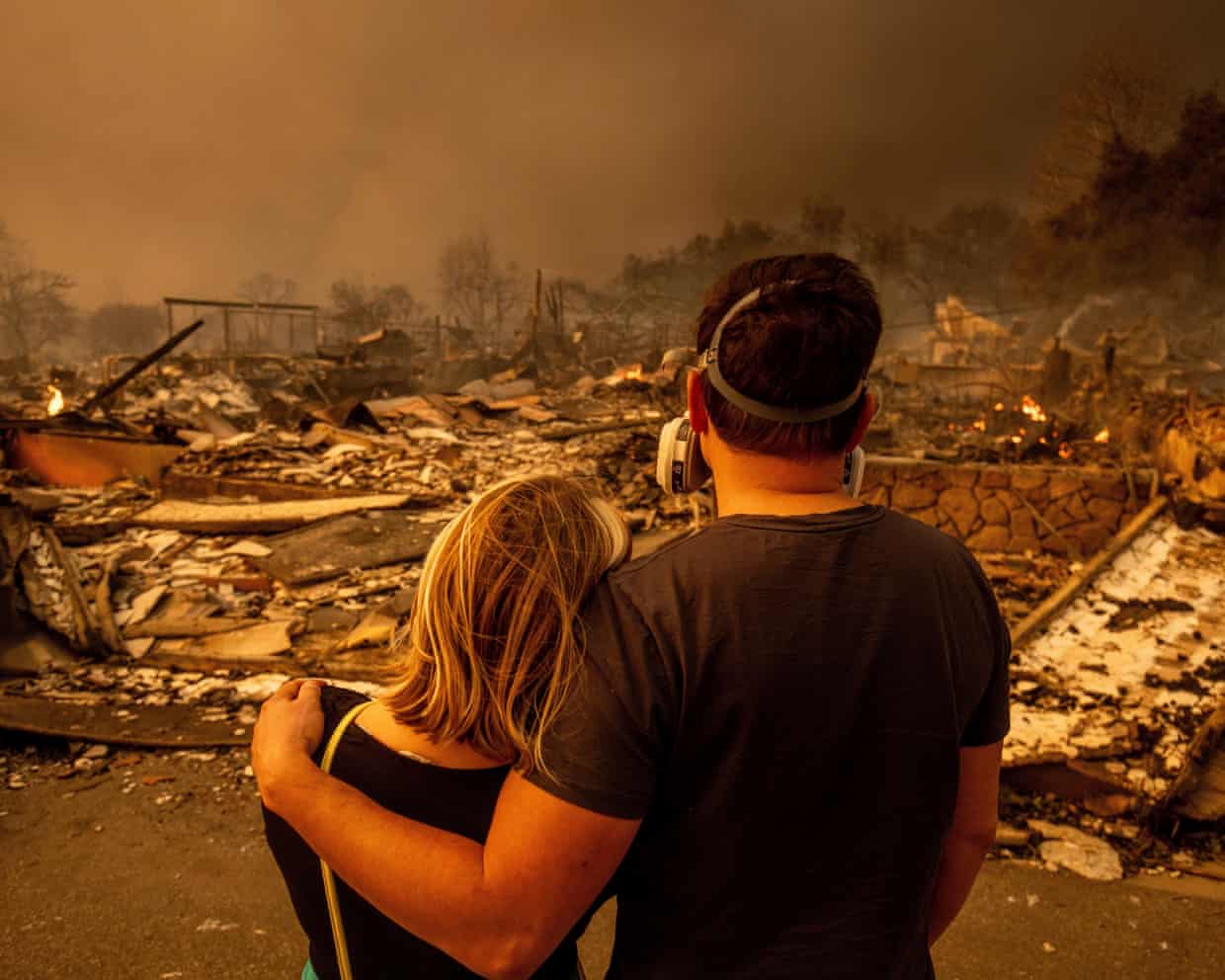World
Urgent Action Needed to Meet 1.5C Climate Goal, Experts Warn

Experts maintain that the world still has a chance to limit global warming to 1.5 degrees Celsius above preindustrial levels, provided that governments take decisive action on greenhouse gas emissions. A recent report from Climate Analytics indicates that current governmental goals are insufficient and require urgent revision. The report advocates for the rapid expansion of renewable energy and the electrification of various sectors, including transport, heating, and industry.
Significance of the Report Amid Global Climate Meetings
The timing of this assessment is critical as world leaders convene for Cop30 in Belém, Brazil. At this summit, countries are expected to submit their national climate plans under the 2015 Paris Agreement. Notably, last week the Trump administration confirmed it would not send high-level representatives to the conference.
In recent years, global temperatures have consistently exceeded the 1.5C threshold, with a United Nations Environment Programme report indicating that current national plans could result in catastrophic warming of approximately 2.3 to 2.5C. The implications of such temperature increases could lead to severe consequences for ecosystems and human populations alike.
Brazilian President Luiz Inácio Lula da Silva emphasized the importance of the summit in a piece for the Guardian, stating, “This [summit] is an opportunity for politicians, diplomats, scientists, activists, and journalists to witness … the true state of the forests, the planet’s largest river basin, and the millions of people who live in the region.” His remarks highlight the dual focus on environmental issues and human rights at this critical juncture.
Political Landscape and Future Challenges
As discussions unfold in Brazil, the political landscape is complex. The Supreme Court of the United States has expressed skepticism regarding the legality of the tariffs imposed by the Trump administration, questioning the president’s authority to impose such levies under the 1977 International Emergency Economic Powers Act. Chief Justice John Roberts remarked, “The vehicle is the imposition of taxes on Americans, and that has always been a core power of Congress.” If the court rules against the administration, it could force a reconsideration of the current aggressive tariff policy, which has strained global trade relations.
In New York City, the incoming mayor-elect Zohran Mamdani announced an all-female transition team, intending to implement what he describes as the city’s most ambitious policy platform in a generation. His plans include a rent freeze for stabilized apartments, free bus service, and universal childcare, all funded by increased taxes on corporations and high-income earners. Yet, the administration faces challenges, particularly from Donald Trump, who has threatened to withhold federal funding if Mamdani takes office. For fiscal year 2026, New York City’s budget includes approximately $7.4 billion in federal funding, representing around 6.4% of total spending.
In other news, clashes continue in eastern Ukraine as Russian forces tighten their grip on Pokrovsk. Investigators arrived in Kentucky to probe the crash of a UPS cargo plane that resulted in at least 11 fatalities and numerous injuries. President Claudia Sheinbaum of Mexico faced an incident of sexual harassment in Mexico City, underscoring the challenges women face in the country. Additionally, five people were injured after a vehicle struck pedestrians on Île d’Oléron, an island off the coast of France.
As the federal government shutdown reaches historic lengths, surpassing the previous record of 35 days set in early 2019, the impact on critical services is becoming increasingly evident. Approximately 42 million Americans reliant on food stamps are now receiving only 50% of their usual benefits. If unresolved by the end of the week, officials predict a 10% reduction in airline traffic due to the shutdown.
Looking ahead, breakthroughs in medical technology could reshape the future of neonatal care. Researchers are developing artificial wombs designed to sustain premature infants outside the body, raising important questions about the preservation of life.
Finally, archaeologists in Peru have uncovered insights into how the oldest known civilization in the Americas adapted to climate challenges over 4,200 years ago, demonstrating resilience without resorting to violence.
-

 Science3 weeks ago
Science3 weeks agoInventor Achieves Breakthrough with 2 Billion FPS Laser Video
-

 Top Stories3 weeks ago
Top Stories3 weeks agoCharlie Sheen’s New Romance: ‘Glowing’ with Younger Partner
-

 Entertainment3 weeks ago
Entertainment3 weeks agoDua Lipa Aces GCSE Spanish, Sparks Super Bowl Buzz with Fans
-

 Health3 weeks ago
Health3 weeks agoCommunity Unites for 7th Annual Into the Light Walk for Mental Health
-

 Business3 weeks ago
Business3 weeks agoTyler Technologies Set to Reveal Q3 Earnings on October 22
-

 Health3 weeks ago
Health3 weeks agoCurium Group, PeptiDream, and PDRadiopharma Launch Key Cancer Trial
-

 World3 weeks ago
World3 weeks agoR&B Icon D’Angelo Dies at 51, Leaving Lasting Legacy
-

 Entertainment3 weeks ago
Entertainment3 weeks agoMother Fights to Reunite with Children After Kidnapping in New Drama
-

 Entertainment3 weeks ago
Entertainment3 weeks agoRed Sox’s Bregman to Become Free Agent; Tigers Commit to Skubal
-

 Health3 weeks ago
Health3 weeks agoNorth Carolina’s Biotech Boom: Billions in New Investments
-

 Science3 weeks ago
Science3 weeks agoNorth Carolina’s Biotech Boom: Billions Invested in Manufacturing
-

 Top Stories3 weeks ago
Top Stories3 weeks agoDisney+ Launches Chilling Classic ‘Something Wicked’ Just in Time for October









